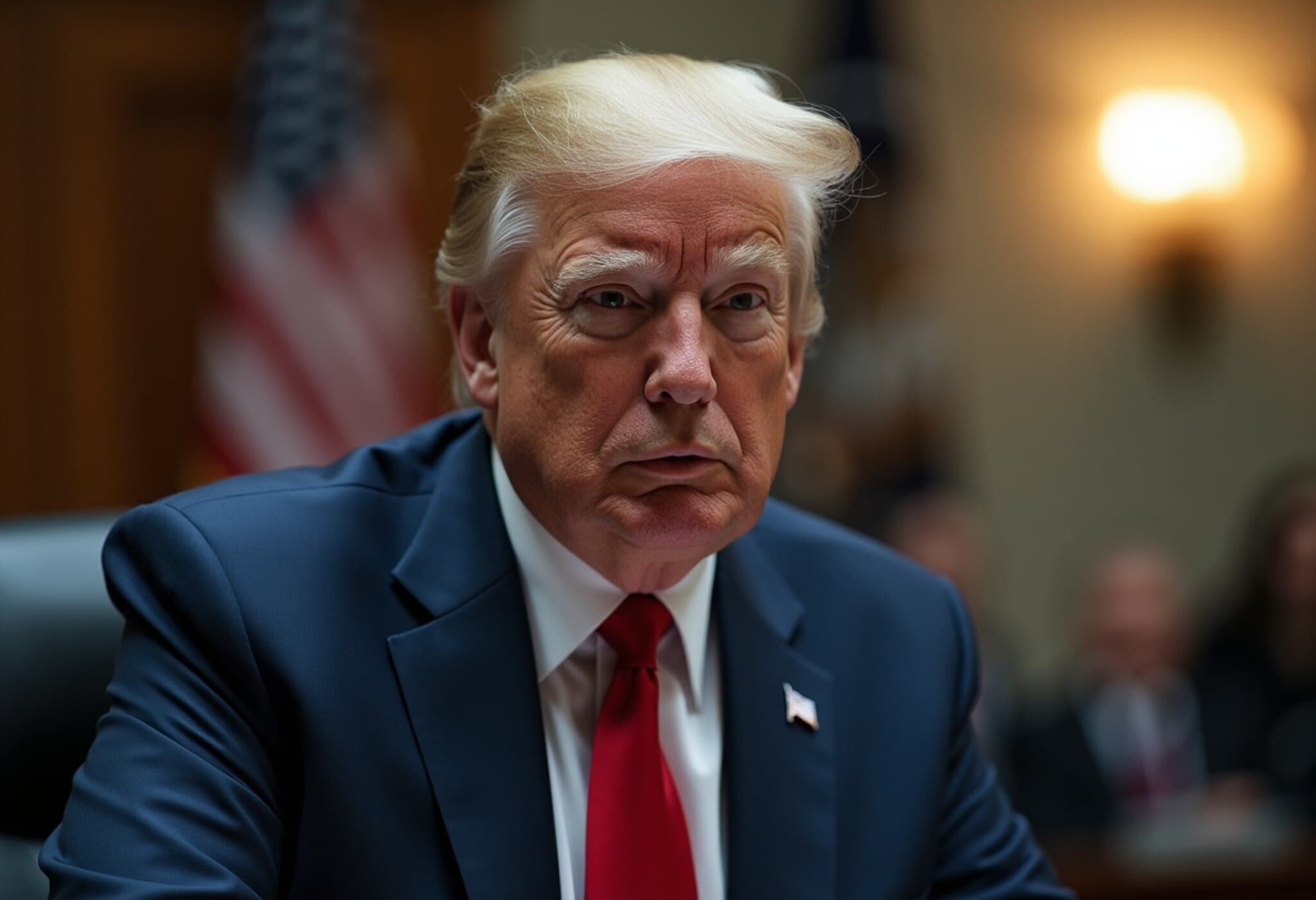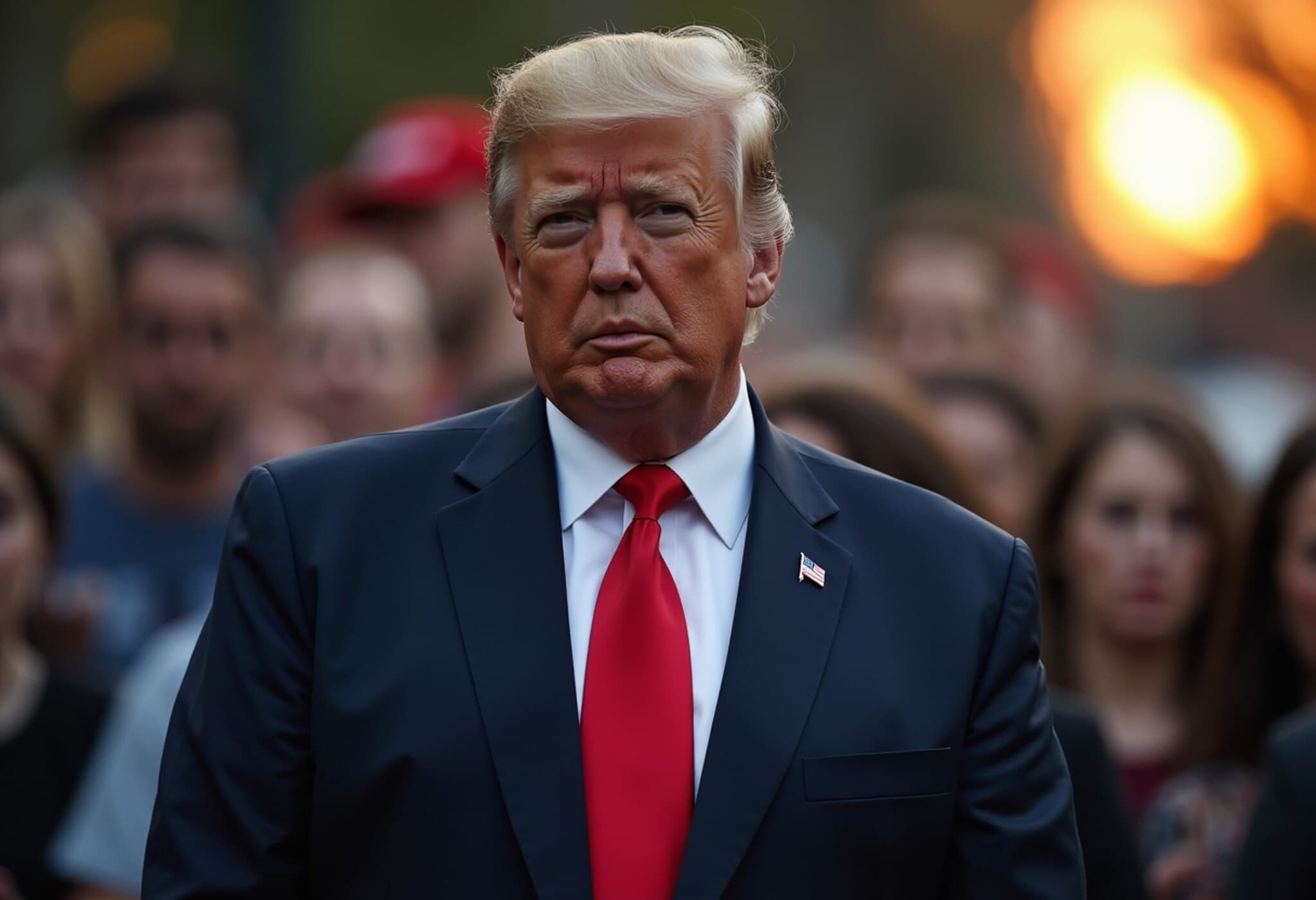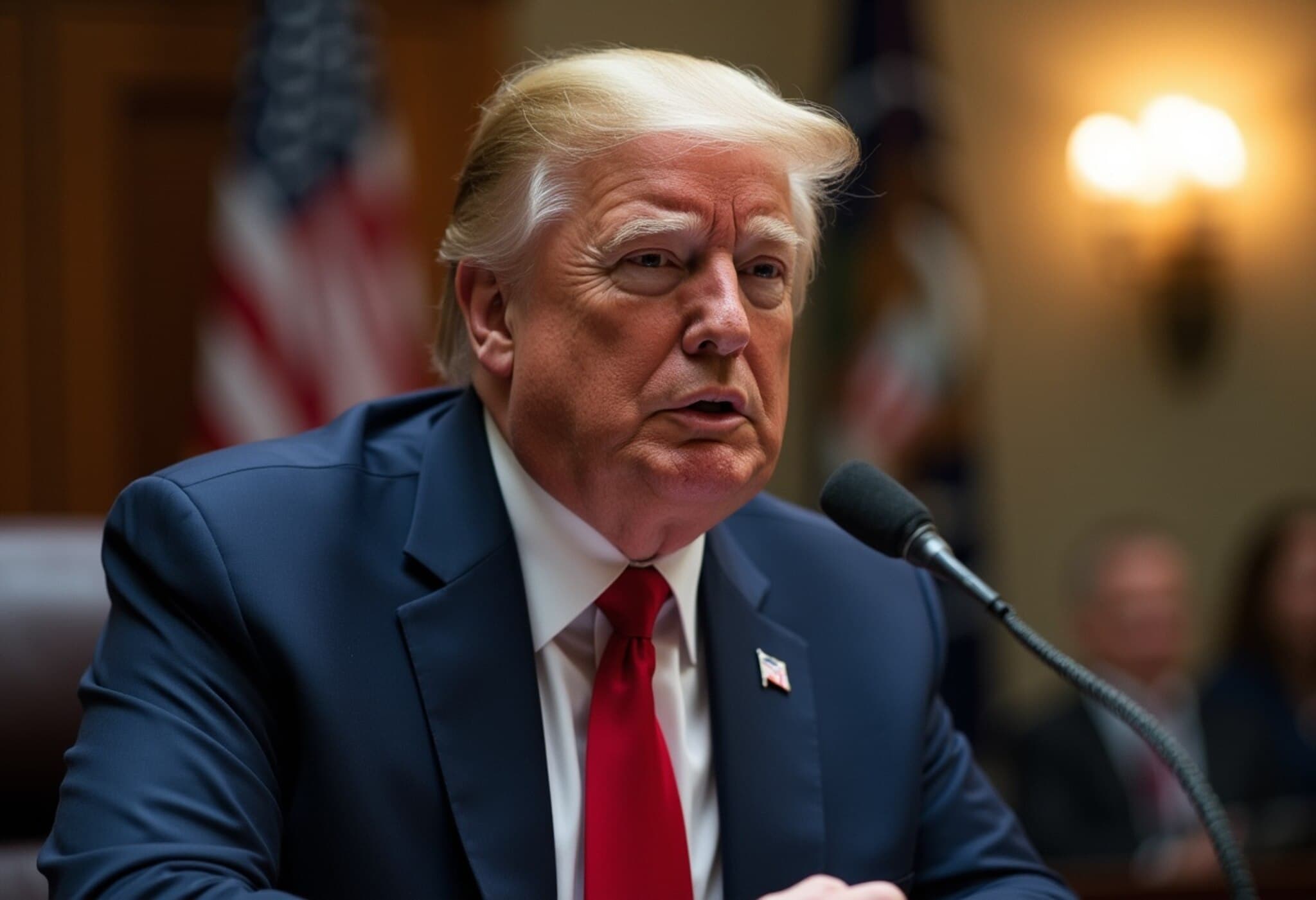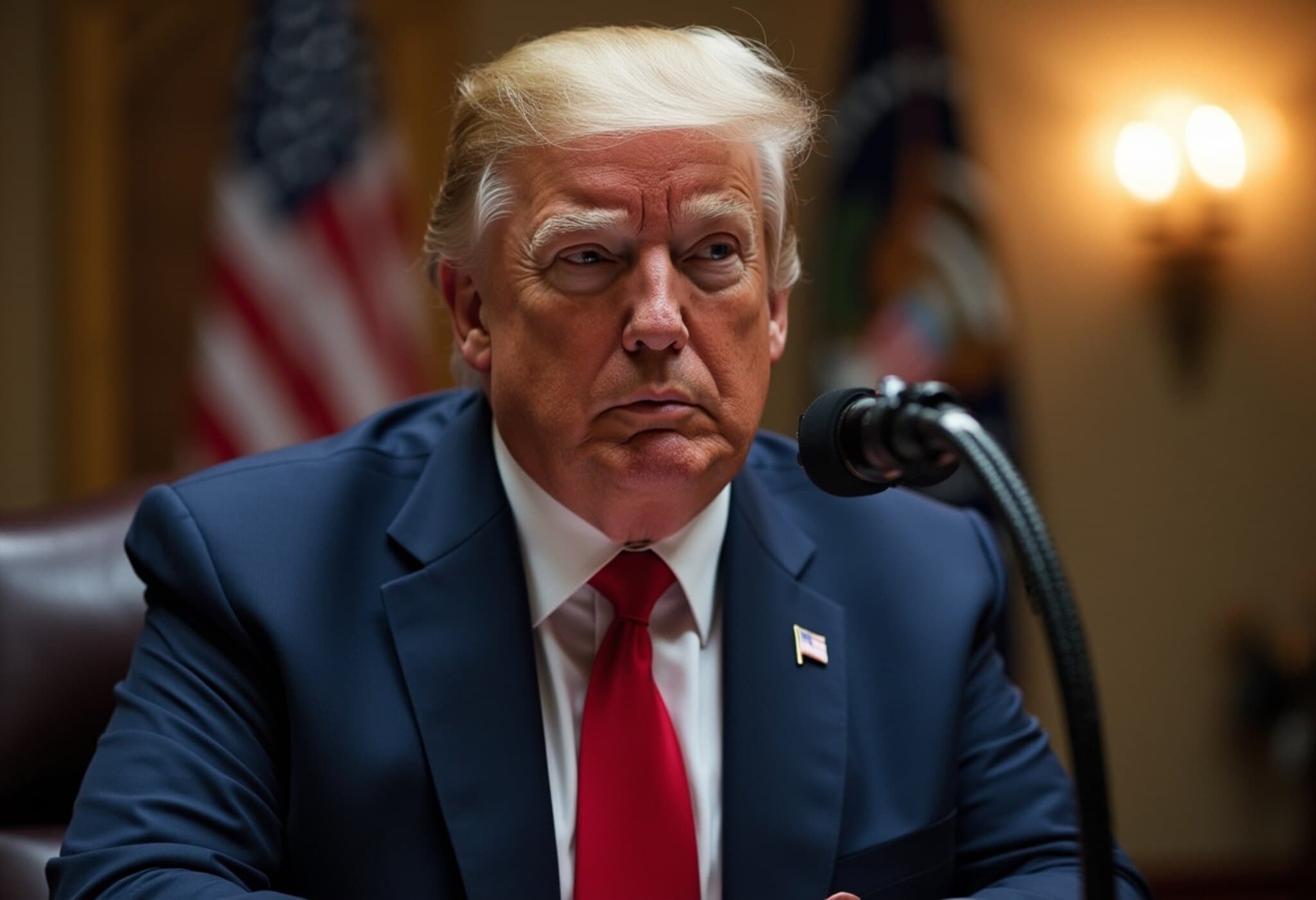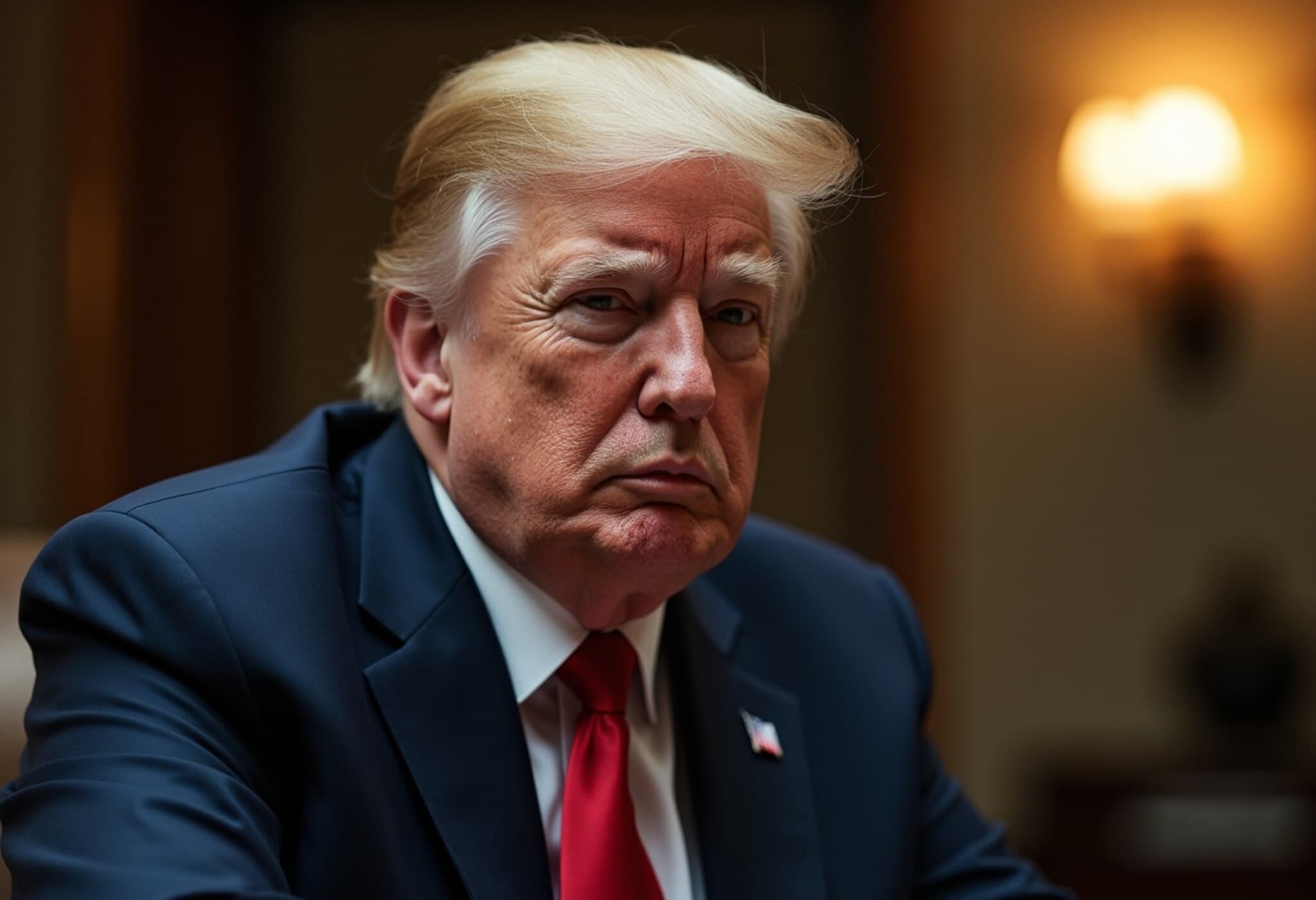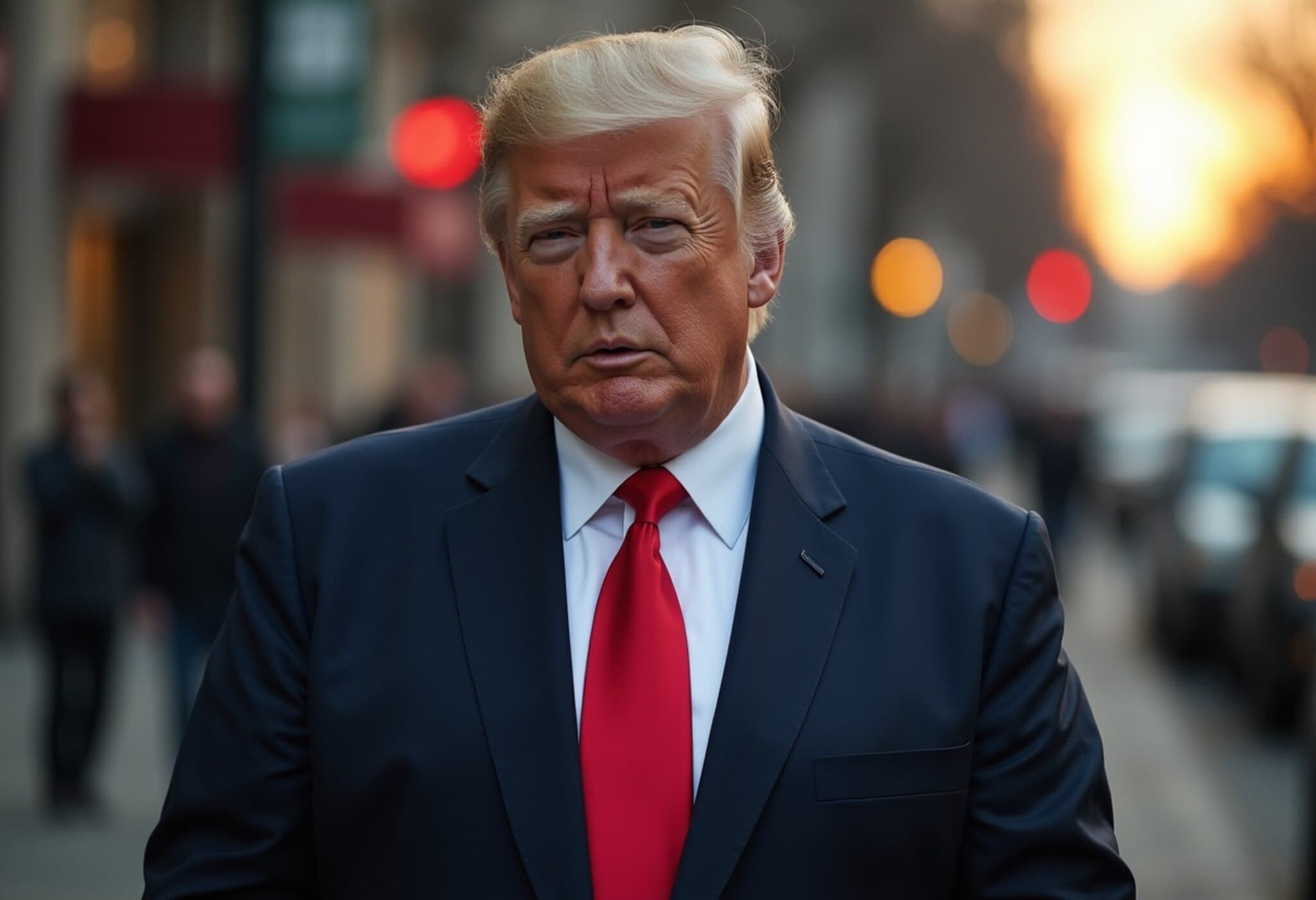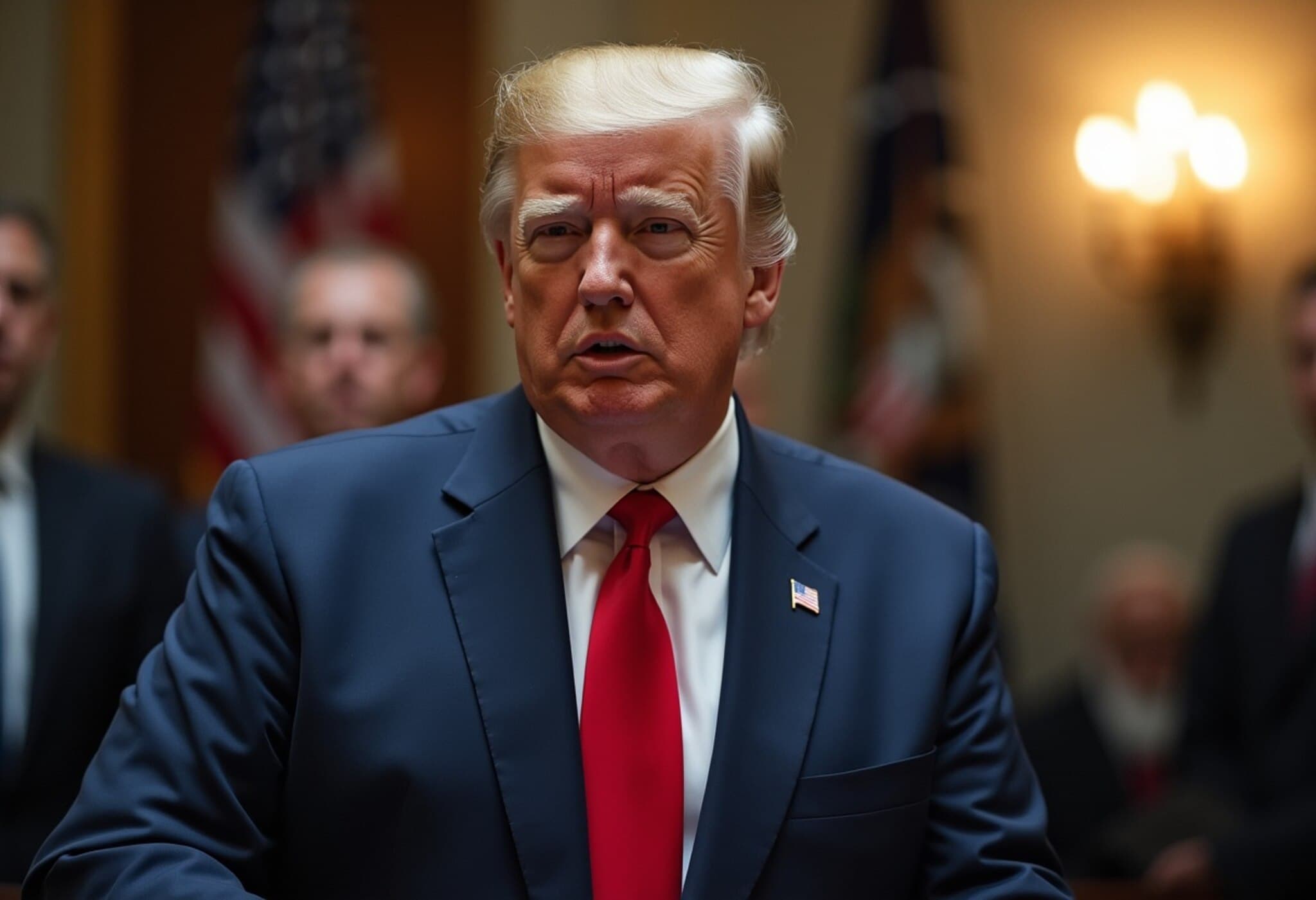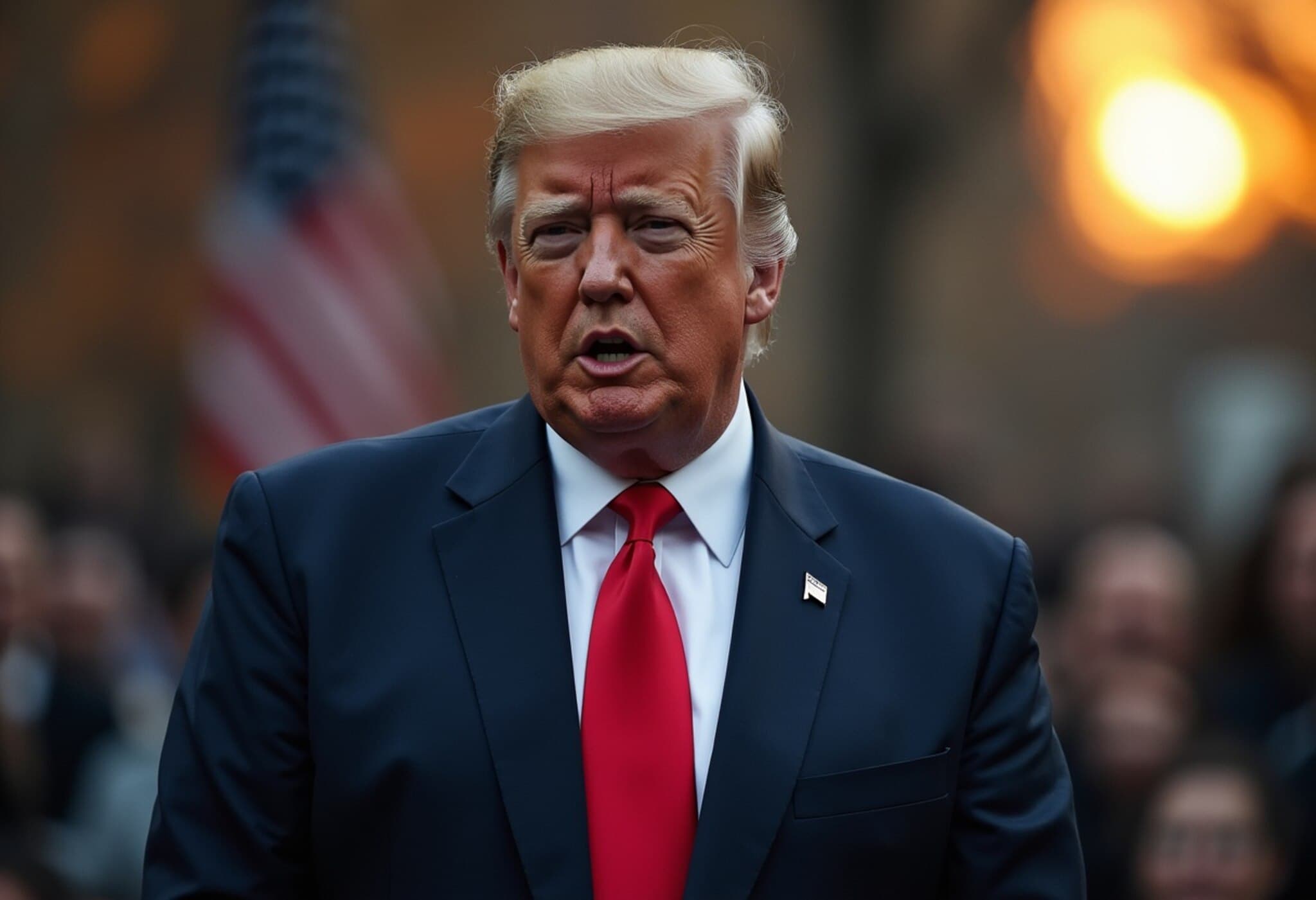FBI’s Extensive Review of Epstein Records Raises New Questions About Trump
Nearly five years after Jeffrey Epstein’s arrest and subsequent death in custody, the shadows of his criminal network continue to provoke suspicion and controversy, especially concerning former President Donald Trump. Senator Dick Durbin recently disclosed that around 1,000 FBI agents were activated in a high-pressure effort to comb through Epstein’s vast records looking specifically for references to Trump, reigniting public interest in a still-murky chapter of American justice.
The Massive FBI Operation Behind Epstein’s Records
Epstein’s 2019 arrest during the first term of President Trump unleashed a trove of evidence seized from multiple properties, enough to convict Ghislaine Maxwell, Epstein’s close associate, who was later sentenced for sex trafficking crimes. However, Epstein himself died in jail before facing trial, leaving many questions unanswered.
According to Senator Durbin’s letters to FBI Director Kash Patel, obtained via the Senate website, the FBI’s Information Management Division (IMD) mobilized a staggering number of personnel working round the clock shifts to review approximately 100,000 records related to Epstein. Their objective? To identify and flag any documents mentioning President Trump.
- The review spanned tens of thousands of hours in March 2025,
- It resulted in a classified memo that was withheld from the public for three months,
- And culminated in a limited Department of Justice (DOJ) release declaring no new suspects or revelations beyond Maxwell.
Political Drama Amidst Calls for Transparency
This delay and partial disclosure have stirred disquiet among lawmakers and the public alike. Congressman Dan Goldman openly questioned whether the delay in releasing the full Epstein files was influenced by President Trump himself, potentially to obstruct disclosure of damaging information.
Earlier in 2025, Trump had promised transparency, stirring his supporters’ expectations of a comprehensive declassification of the Epstein files. Yet, when Attorney General Pam Bondi circulated limited versions of the files to select right-wing personalities, and FBI Director Patel publicly announced that there was no new information, many viewed this as a calculated curtailment of transparency.
The tension only escalated when Trump initiated a $10 billion defamation lawsuit against The Wall Street Journal, following the publication of an old birthday note from Trump to Epstein referencing shared “secret” interests—an incident that some interpret as an effort to silence unfavorable scrutiny.
Why the Epstein Files Matter in the Larger Context
The Epstein saga transcends mere scandals; it touches on powerful questions of accountability, institutional integrity, and the treatment of victims within the American legal system. The aggressive FBI review indicates a government sensitive to public pressure but possibly constrained by political calculations.
Expert analysis suggests that the delayed release and opaque handling of these records could erode trust in the DOJ’s independence, especially when intertwined with prominent political figures. Moreover, the scale of resources devoted to the review hints at either a labyrinthine complexity of the case or a targeted effort to control specific narratives.
Unanswered Questions and Public Interest
- What, precisely, did the FBI discover in those flagged records mentioning Trump?
- Why has there been no detailed public briefing or comprehensive release of the files?
- How do these developments influence ongoing debates about transparency, justice reform, and political interference in law enforcement?
For the American public, the Epstein files symbolize more than sensational headlines: they embody a battleground over truth, justice, and the boundaries of power.
Editor’s Note
The revelation that hundreds of FBI agents spent weeks scanning Epstein’s files specifically to find mentions of Donald Trump underscores the tension between national security, privacy, and political accountability. As citizens in a democracy, we must question how information is curated and disclosed, especially when it intersects with influential figures. The stalled release and political friction around these documents remind us of the delicate balance between legal transparency and political calculation, raising essential questions about who ultimately controls the narrative.

